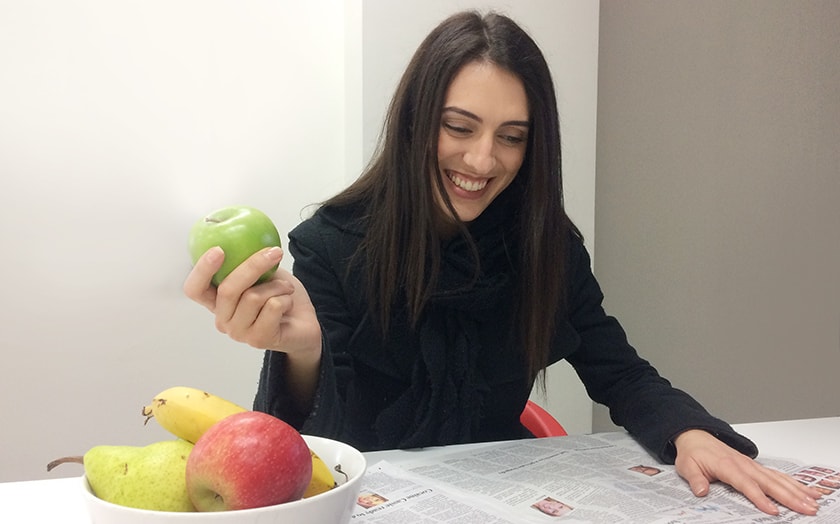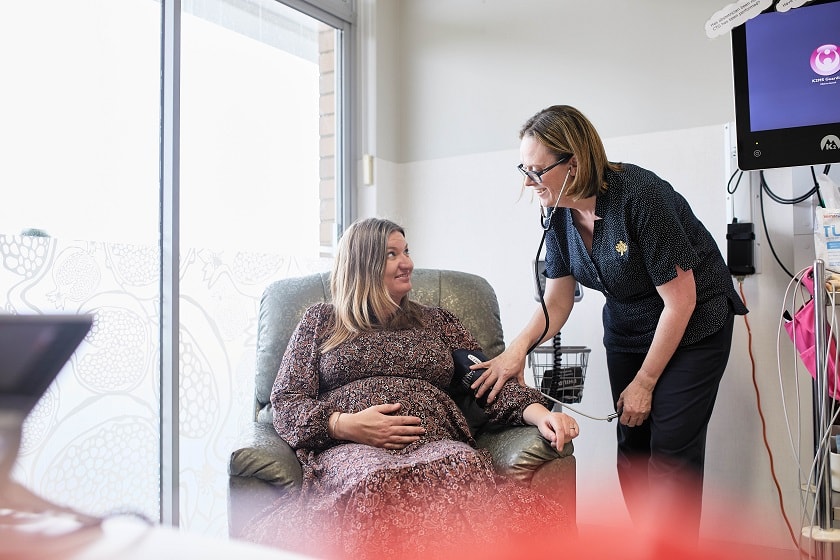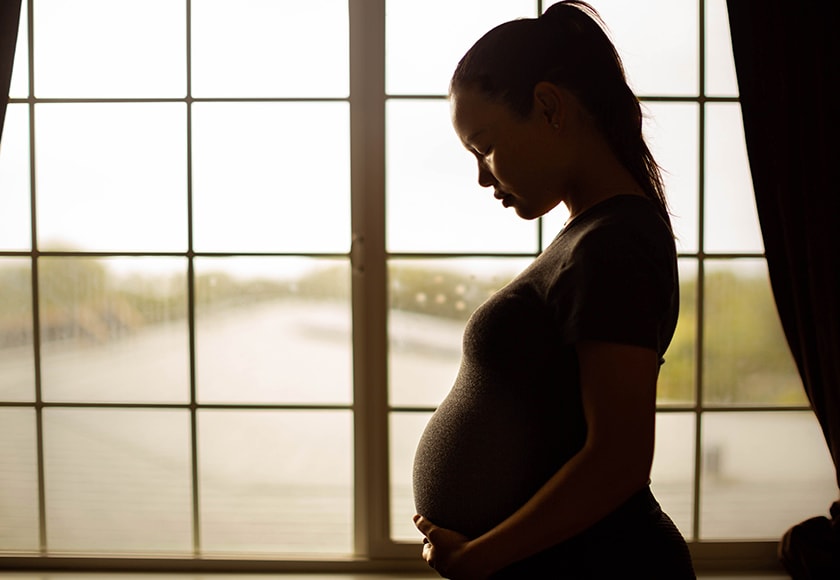Eating well while you are pregnant can help ensure that you and your baby receive the required amount of nutrients you need to stay healthy and for the baby to grow.
Tips to help you balance your diet
1. Choose snack foods that will provide extra minerals. Especially iron, calcium and folate. These are needed for the growth of the baby and to prevent neural tube defects. It is best to have a balance of foods containing protein (meat and alternatives), carbohydrates (breads and cereals), fruit, vegetables and milk, even when snacking.
2. Eat at least two pieces of fruit and five serves of vegetables each day.
3. Eat plenty of fibre-rich foods such as oats, legumes and pulses (beans, peas and lentils), grains, seeds, fruit and vegetables.
4. When choosing starchy foods such as potatoes, bread, rice and pasta, use wholegrain and low glycaemic index (low GI) foods where possible. These foods are more slowly absorbed which provides you with energy for longer. They also have good health benefits.
5. Choose low and reduced fat foods. Beware of the higher sugar content of some of these and avoid increasing your energy intake.
6. Eat a variety of foods that will provide important fats; fish, nuts, lean meats and polyunsaturated and monounsaturated oils and margarines in moderation.
7. Eat breakfast.
8. Try not to eat fried foods or consume foods that are high in fat and sugar.
Drinking alcohol is not recommended during pregnancy, and no drinking is the safest option. Where possible, cut down on caffeine and drink plenty of water. Tap water is best as it also contains important nutrients such as fluoride for your health and also the baby.
There are certain foods to avoid during pregnancy. Please speak to your dietitian, doctor or midwife for advice before changing your diet.








